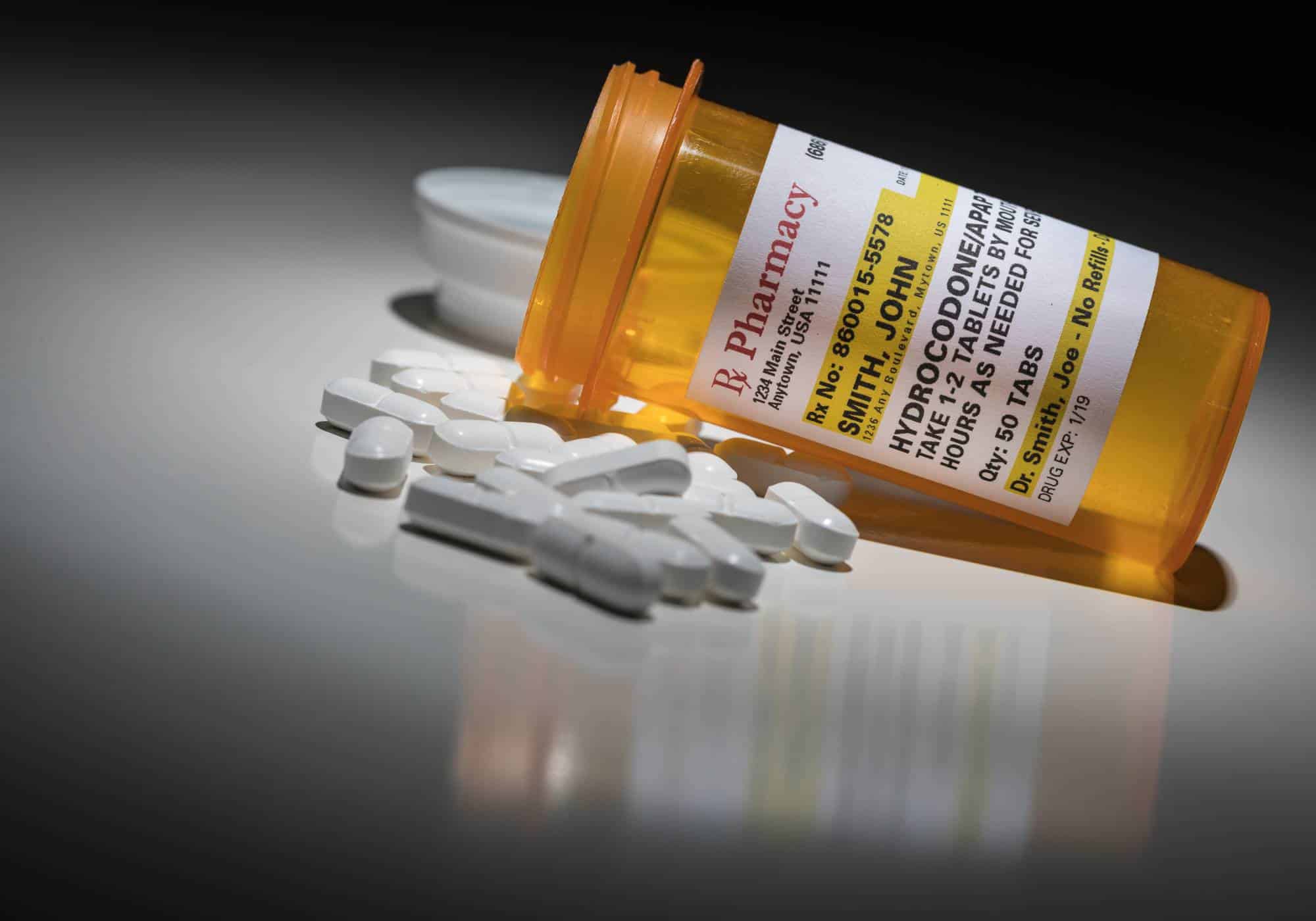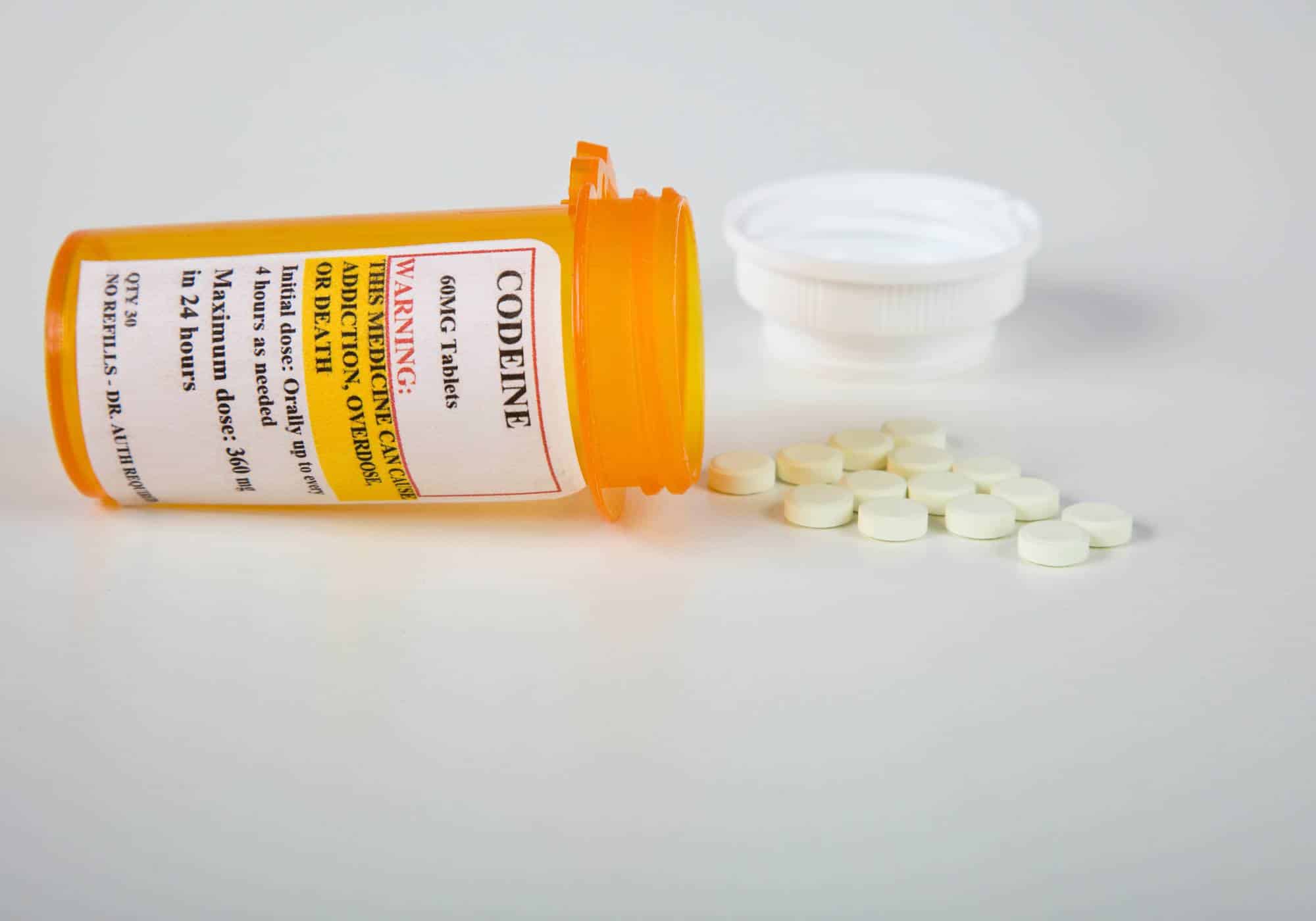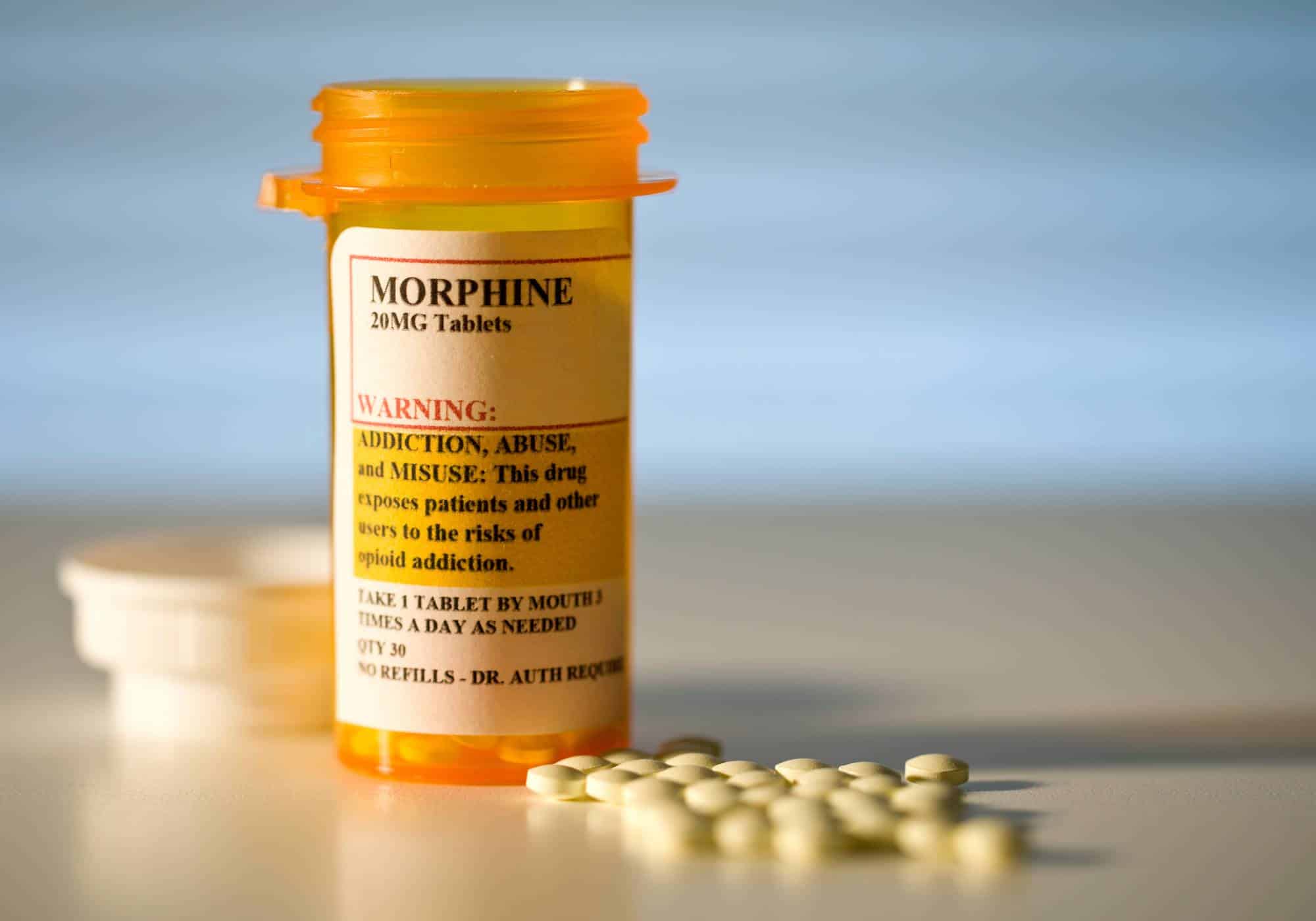Anyone can become addicted to substance use, regardless of their background and beliefs. However, some people are more vulnerable to addiction than others. Now, it can be challenging to understand the reason for it.
Irrespective of your upbringing or moral code, several factors can contribute to the risk of developing substance use addiction, including environment, genetics, and lifestyle changes.
Below, we have discussed the various risk factors contributing to substance abuse and addiction!
Genetics
Genetics is a major risk factor for addiction. Researchers believe that half of a person’s risk of becoming addicted to alcohol and drugs is influenced by their genetics. If your family members have struggled with addiction in the past, you are also highly vulnerable to the disease. For instance, if your parent is an alcoholic, you may also become one, or if you choose not to drink, you may become addicted to smoking or gambling.
Environment
The environment plays a significant role in your addiction. Children or teens who experience a lack of parental involvement may think of experimenting with alcohol and drugs, resulting in addiction. Young people neglected by their loved ones may also resort to substance use to cope with their emotions. Peer pressure may also push them towards addiction. In order to ‘fit in’ among their friends and colleagues, they may start consuming drugs or alcohol, leading to addiction. Therefore, when in addiction recovery, you should be cautious of your environment. Avoid environmental triggers like some specific people, activities, or settings.
Dual diagnosis
Dual diagnosis refers to a condition where someone is struggling with addiction and another mental health condition, like depression, at the same time. Underlying mental health issues can trigger or increase your addiction. Eventually, the addiction will most likely increase the severity of other mental health disorders. It results in a vicious cycle in which the addiction rapidly increases with deadly consequences.
People struggling with addiction often believe that consuming drugs or alcohol will ease their mental health problems. However, you will feel so only for a short period of time; in the long run, substance abuse will worsen things.
Lifestyle changes
Sudden changes in your lifestyle can contribute to your substance abuse your addiction. For instance, an injury or illness may entirely change your lifestyle. As a result, you may start consuming drugs or alcohol as a coping mechanism, leading to addiction. Therefore, in such cases, you should talk to a medical professional as they will help you develop better coping strategies to adjust to the lifestyle and health changes.
About Hope Harbor Wellness/Atlanta Intensive Outpatient Programs
At Hope Harbor Wellness, we offer the best addiction treatment in Georgia to help our clients experience life without substance use disorders. Our clients choose us for our proven treatment methods and high-quality, compassionate care. We offer an intensive outpatient program, a partial hospitalization program, and outpatient programs to fit the needs of different patients. Contact us at 678-672-6731, email [email protected] or fill out our contact form.












